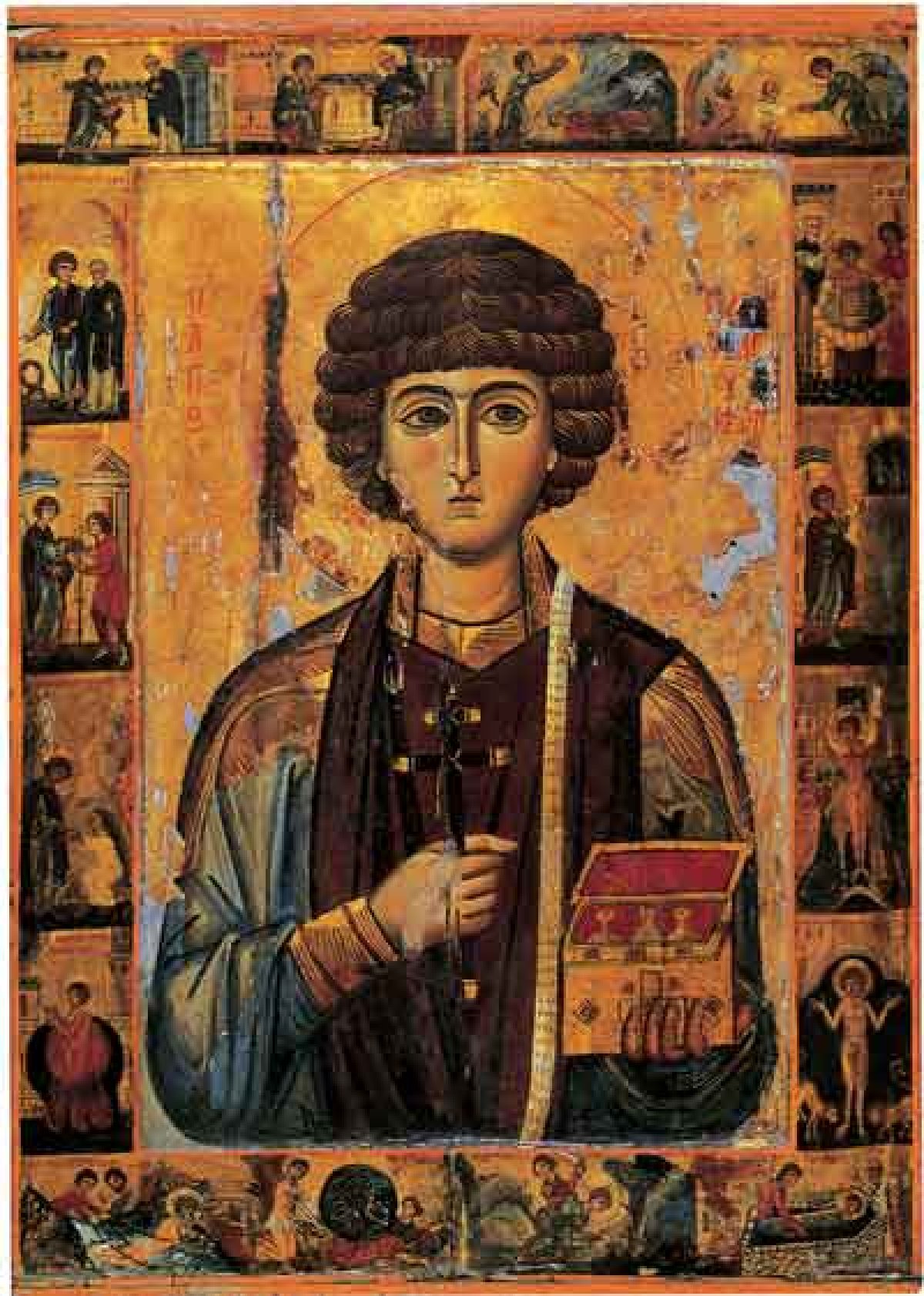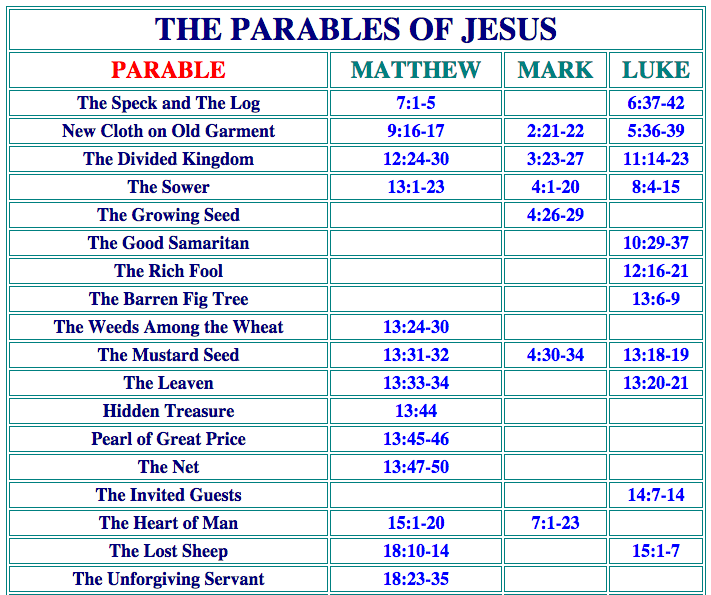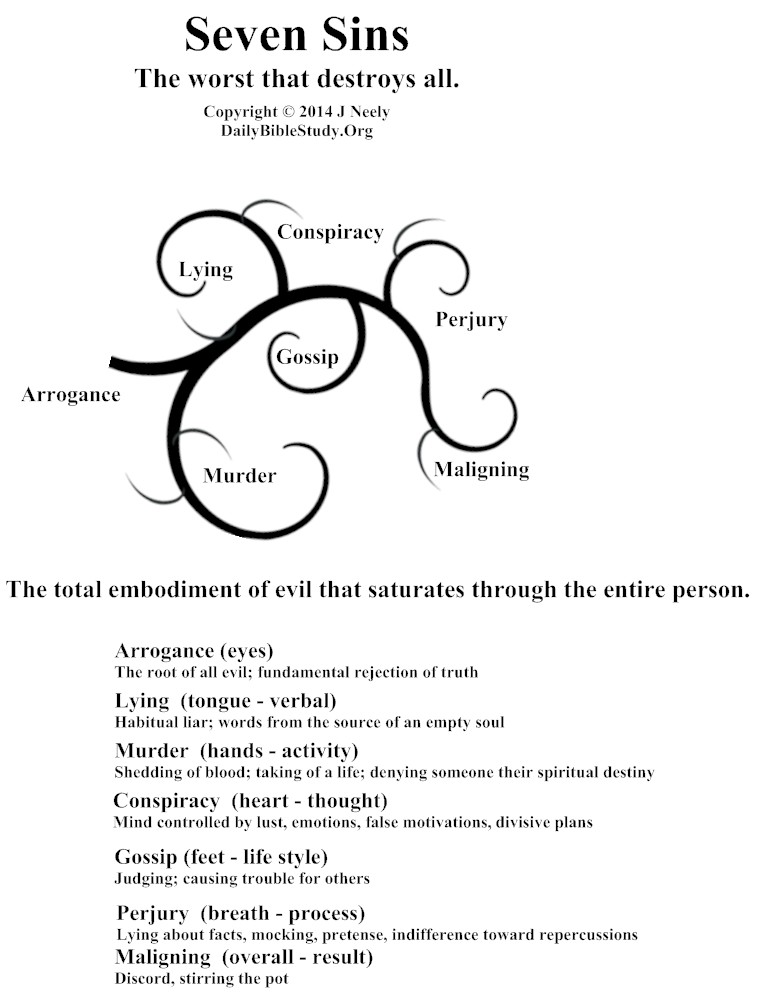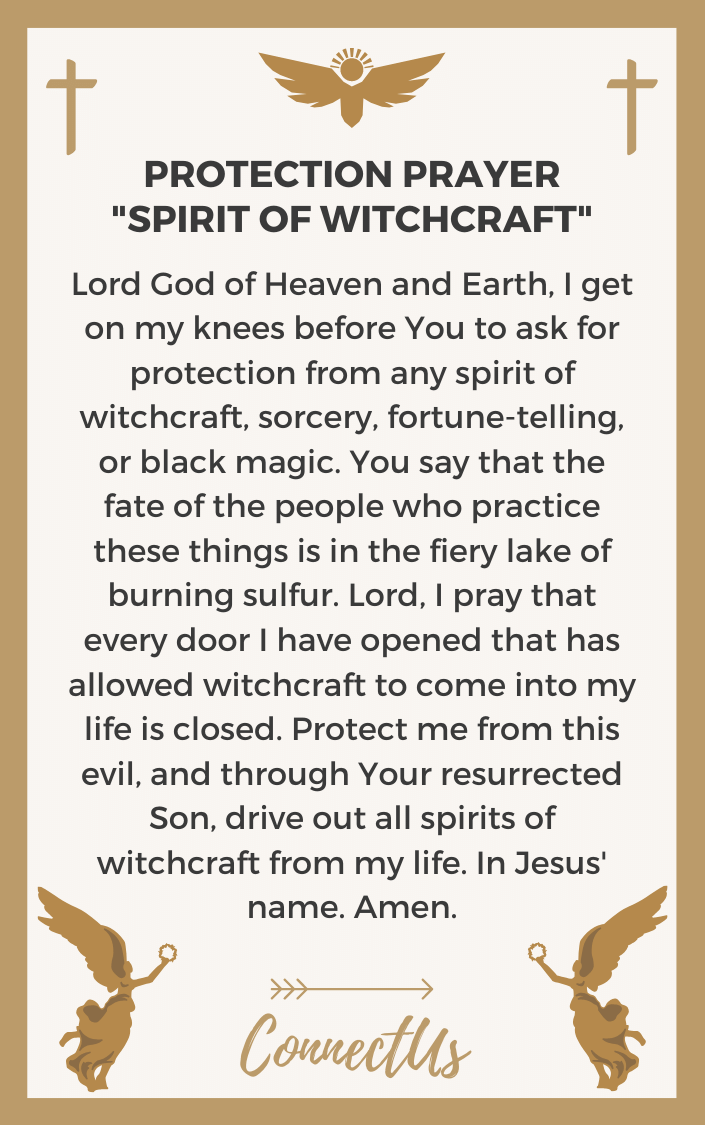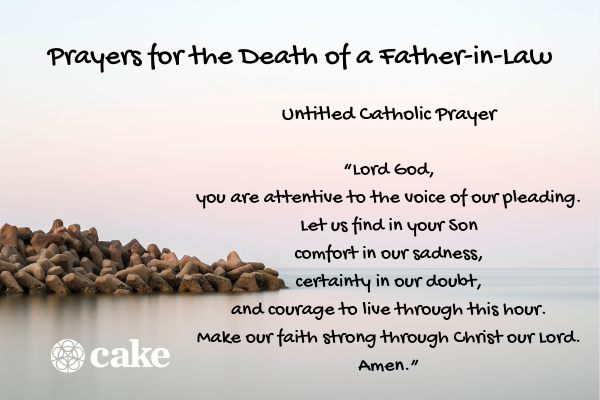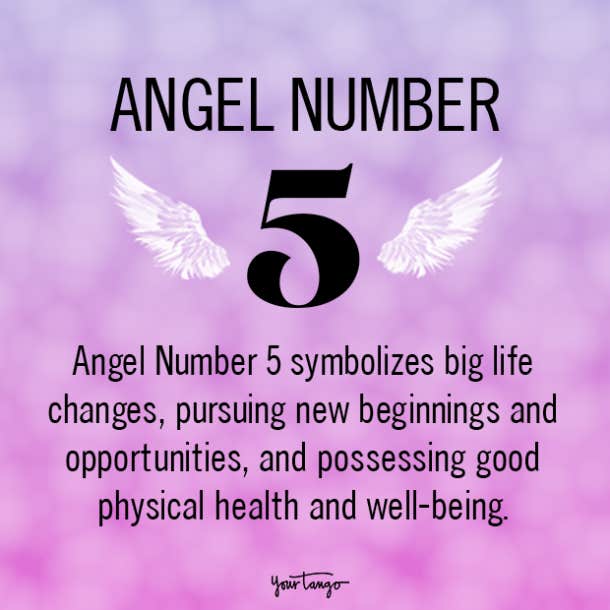What Do The Number 7 Means In The Bible
What Do The Number 7 Means In The Bible
The number seven has always been a significant number in the Bible, but it’s also one of the most mysterious. In this article, we’ll take a look at the meaning of 7 in scripture and how it’s tied to God and creation.
Sabbaths in the Bible
The number 7 has special significance in the Bible, and is used for several reasons. In Genesis, God creates the world in six days and then rests on the seventh day. This is important because it teaches us that God rested after he finished his work, just as we should rest after our work on this earth is done. The seventh day was also chosen as a holy day and a time of worship because of this meaning. On this day we don’t work or do any kind of business; instead we spend time with our families or spend it alone in prayer as an act of worship. We also honor our bodies by resting them from physical labor so they don’t get tired or hurt too easily due to overexertion; this gives us more energy throughout our week!
So remember: when you see someone who doesn’t know why they’re getting ready for bed at night but doesn’t want anyone else around either…they might be at risk for losing their minds if left alone without proper care taken into consideration beforehand.”
The Creation Week
The number seven is associated with God and His creation. The Bible repeatedly uses the number seven to describe events of creation, as well as other aspects of God’s creative work. For example:
- God created the universe in 6 days (Genesis 2:1-3).
- On the 7th day, He rested (Genesis 2:4-3).
- After this rest period there was 1,000 years before Jesus came to earth at his first coming (2 Peter 3:8). This was followed by another 1,000 years when Jesus will return at his second coming (Revelation 20:7–22:21). That makes a total of 2,000 years from Adam until Jesus returns again! This is why we use B.C.E./C.E., which stands for Before Common Era/Common Era instead of A.D./B.C., Anno Domini/Before Christ which would be more appropriate since it wasn’t until after Jesus’ death that we started counting our years by what he did rather than what happened before him in history like how they did things back then when they weren’t Christians yet.”
The 7 Churches
The seven churches are the seven churches of Asia. The Book of Revelation is a prophecy about what will happen in the future, but it was written by John while he was exiled on Patmos Island. John had been exiled because he refused to worship Roman idols, and this story is what he saw when he was given a vision by God telling him about those who would be faithful in the future.
The seven churches are also known as the seven churches of Revelation (or “The Book of Revelation”). This is because there are seven letters that Jesus sends to these different places, each bearing his message for their communities.
The Seven Seals and Trumpets
You’ll also find the seven seals and seven trumpets mentioned in Revelation, which is the last book of the New Testament. This book describes how God will bring about his final judgment on earth, following which he’ll create a new heaven and a new earth (Revelation 21).
The seals and trumpets are closely associated with both the end times and with Christ’s return to earth.
The 7 Bowls of Wrath
The 7th bowl is poured out upon the earth, and it burns up the world. The 8th bowl is poured out on the air, and it causes an earthquake which kills all remaining life in the sea. The 9th bowl is poured out on the Euphrates River, which dries up so that Babylon can be destroyed by fire (Revelation 16:12-16).
The number 7 represents God’s perfect plan for mankind. His plan includes a time of peace, but also includes judgment upon those who reject his love and mercy.
7 Mythological Archetypes.
- The Hero.
The hero archetype, who plays the part of the champion in times of need, is a common character in all great epics. He is the one that rises above all others to save his people from disaster and defeat their enemies, whether it’s by strength or cunning.
- The Lover.
The lover is a less obvious archetype but no less important—in fact, it might even be more important than any other one mentioned here! Without love there would be no joy; without joy there would be no life; without life… Well, we’ll leave you to make your own conclusions there!
It is a holy number, associated with God.
The number seven is a holy number, associated with God. It is used in the Bible to represent completeness and the power of God. For example, there are seven days in a week and seven golden candlesticks in heaven (Revelation 1:12). In addition to this, the seventh day of creation was called Shabbat—the Hebrew word for “rest” (Genesis 2:3)—which points back to God’s rest after he finished creating everything on Earth (Exodus 20:11).
The number seven is a sacred number, associated with God. In the Bible, it appears many times as an important symbol of divine favor and protection. It’s also used in other religious texts to represent spiritual perfection and completion.
